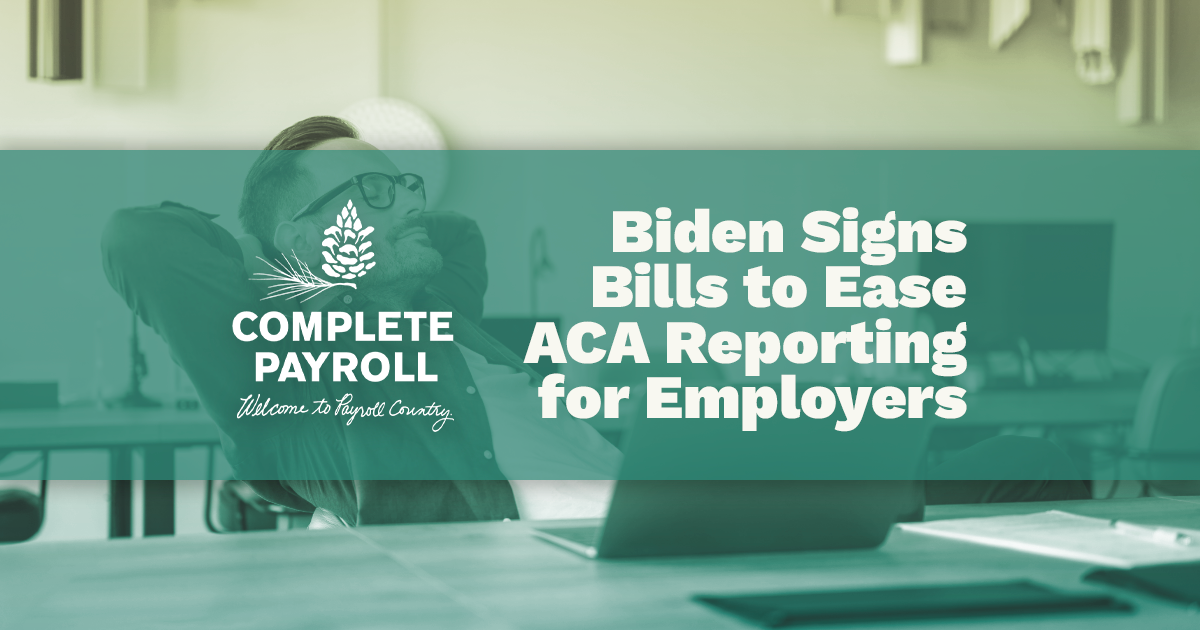When launching a startup, there are plenty of decisions waiting to be made. Some of those decisions are pretty fun–what are you going to call yourself? What will your logo look like? Are you going to rent office space or work remotely? When can you onboard employees?
Some decisions, however, are important regardless of whether or not they are “fun.”
Deciding whether you should incorporate as an LLC or an S Corporation is one of those essential questions that can’t be overlooked just because it’s less exciting. This significant decision will affect some of your day-to-day operations, but more important, it will determine your business entity taxation.
What is an LLC?
LLC stands for “Limited Liability Company.”
According to the IRS, an LLC is a way of structuring a business according to state statute. While each state will have its own rules and regulations, the basics are the same:
- LLC owners are called “members.”
- A member can be an individual, a corporation, or even another LLC or international business.
- An LLC owned by an individual is called a “single-member” LLC. (Previously, some states didn’t allow single-member LLCs, but today, all states and the District of Columbia allow them.)
- Banks and insurance companies are not permitted to organize as an LLC.
Benefits of Becoming an LLC
One of the great things about becoming an LLC is the control you can keep over your business. There is no requirement to have a board of directors, and yet you can have an unlimited number of members.
LLC is a popular incorporation strategy for small business owners because it allows them to run a company without being personally liable for business losses. If you are the only owner, you will be taxed as a sole proprietorship, whereas your company will be taxed as a general partnership if you have two or more members.
Drawbacks of Becoming an LLC
Nothing good comes without at least a few drawbacks. The same is true for LLCs.
Being an LLC requires you to stay in compliance by consistently filing all ongoing forms and paying appropriate fees.
You also can’t go public, which limits your investment options. While LLCs can be owned by foreign entities, they are not recognized globally. That means you may be taxed at a higher rate in other countries where you operate.
What is an S Corporation?
For startups that decide an LLC is not the right path forward for them, a popular alternative is the S Corporation.
The IRS explains that S Corporation is a corporation that has elected “to pass corporate income, losses, deductions, and credits through to their shareholders for federal tax purposes. Shareholders of S corporations report the follow-through of income and losses on their personal tax returns and are assessed tax at their individual income tax rates.”
The primary benefit of this structure is avoiding double taxation. That said, S corps are responsible for other taxes, including on certain gains and passive income.
Eligibility is limited to:
- Domestic corporations
- Have shareholders that are allowed by the S corp structure (no partnerships, corporations, or non-resident alien shareholders)
- Maximum of 100 shareholders
- Companies with only one class of stock
Some corporations are ineligible, such as insurance companies, some financial institutions, and domestic international sales corporations.
Benefits of Becoming an S Corporation
Smaller corporations benefit from this form of incorporation more than larger ones. As long as you anticipate staying under 100 shareholders, it’s a great option. Owners get common stock, which comes with voting rights.
Like an LLC, you are not personally liable for business debts. You are also taxed only once as an S corp, which means that only the shareholders pay on the profits they have received from the company.
Drawbacks of Becoming an S Corporation
The few drawbacks of becoming an S corporation are that you must consistently file all required ongoing forms, and of course pay fees to stay in compliance.
You also have to have a board of directors, which means that you have less flexibility to make decisions without getting others on board. You also have to ensure that all shareholders are US citizens or residents, which is different than an LLC.
The final thing to be aware of is that there are more administrative rules and regulations for S corporations. You’ll have to follow those rules regarding when you hold meetings, how they are run, and what records are kept.
Understanding the Differences Helps You Make an Informed Decision
As you’re making decisions about the future of your startup, choosing to incorporate as an LLC or S Corporation is just one of many choices you need to make.
If you need support in the decision making process, Complete Payroll is here to help. We have helped countless businesses through the process of setting up HR for their startup, and are happy to help you, too! Contact us today with any questions you might have!















-Feb-10-2022-04-48-56-72-PM.jpg?width=1920&name=Complete%20Payroll%20Blog%20Photo%20(1)-Feb-10-2022-04-48-56-72-PM.jpg)
 Get Instant Blog Notifications
Get Instant Blog Notifications

%20Need%20to%20Know%20about%20the%20New%20I-9.jpg)
